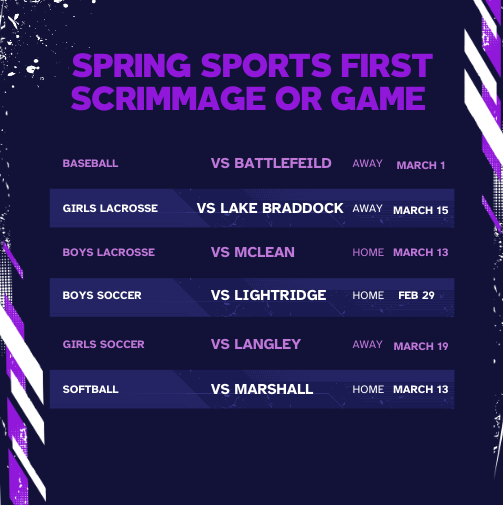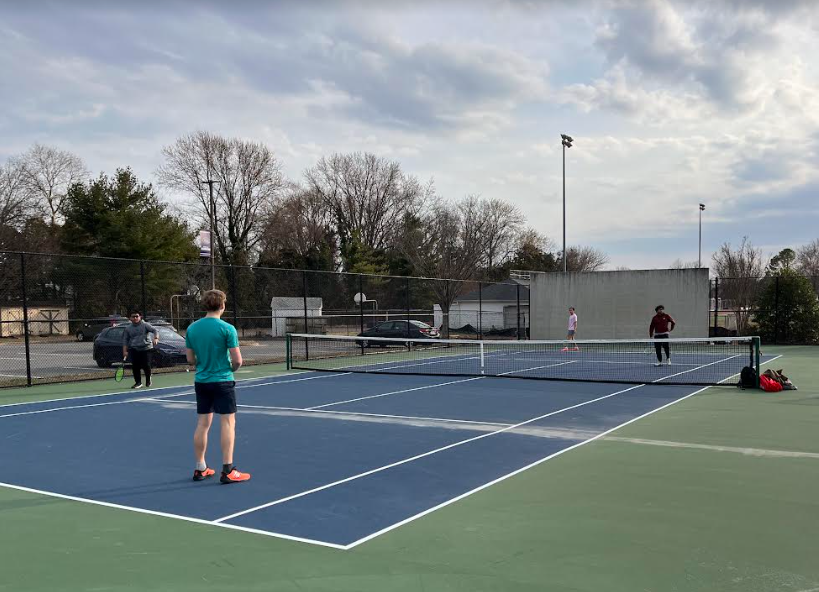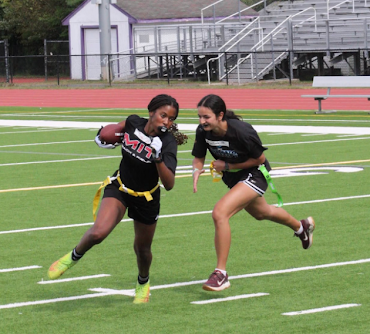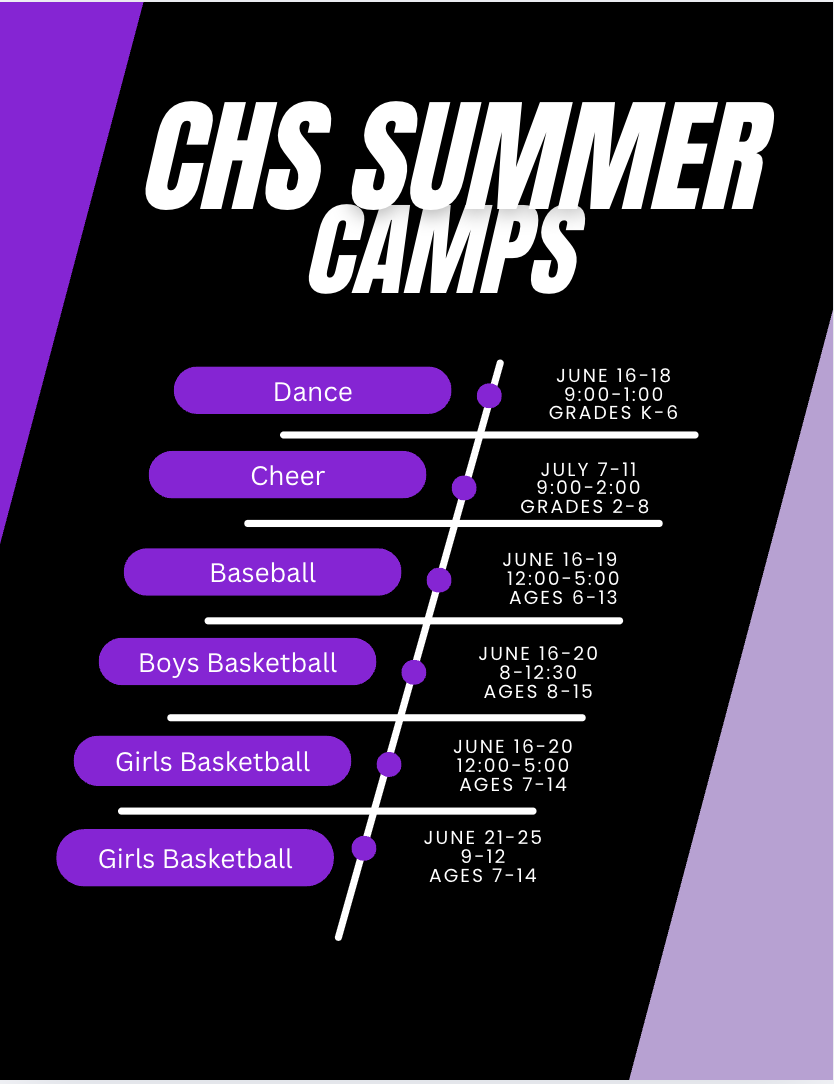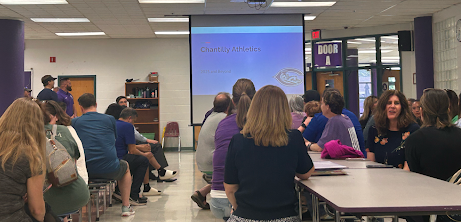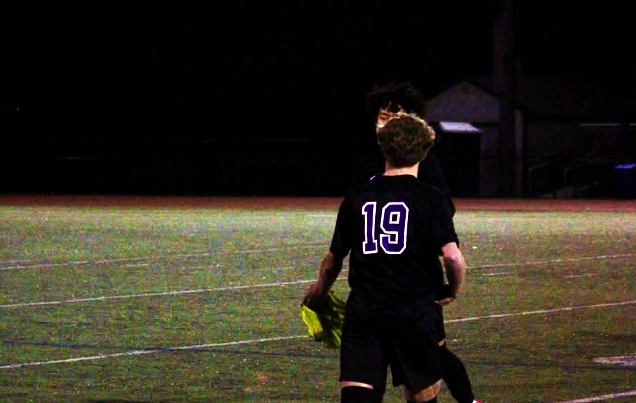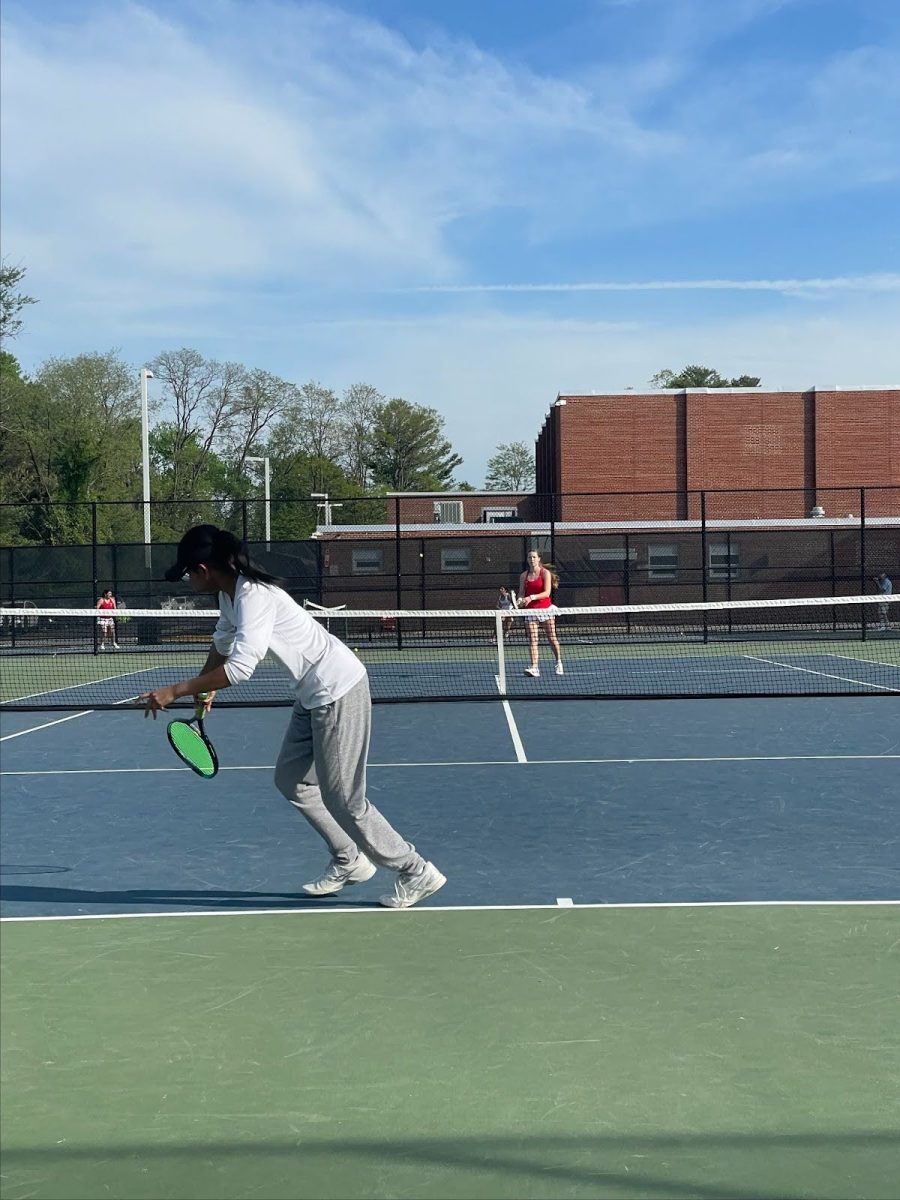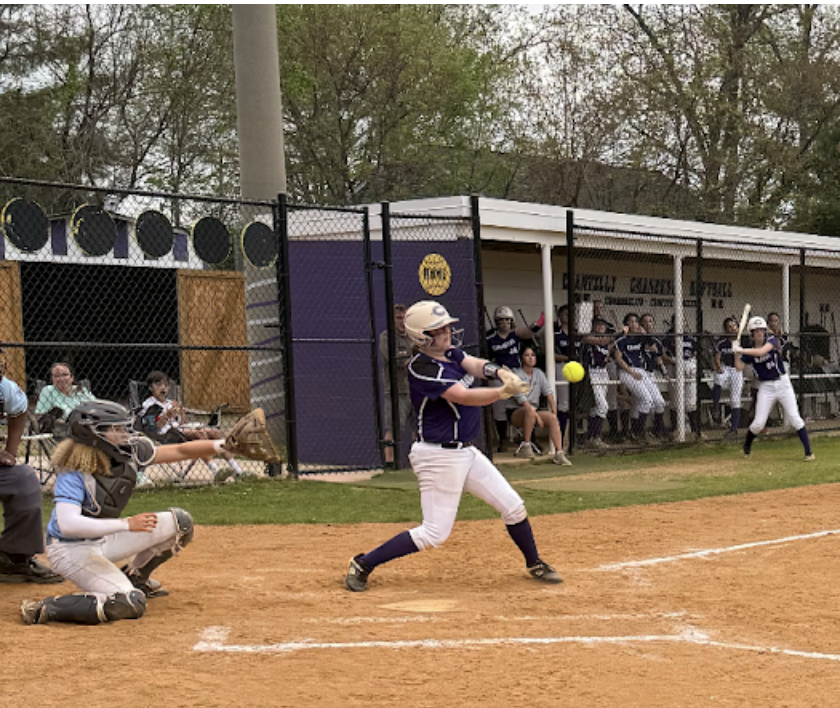Many competing athletes tremble in anticipation before their first drill as the coach blows a long whistle announcing the start of tryouts. The next three days will determine the course of their athletic career.
Each sport has a tryout to evaluate and choose athletes, which usually last for three to five days. According to Youth Sport Psychology, there is a large amount of pressure put on an athlete during tryouts, causing them to become nervous and anxious, potentially affecting their performance.
“To ease the nerves that come with tryouts, I tend to prepare weeks in advance to help develop my confidence,” freshman varsity soccer and basketball athlete Ava Szachara said. “The day before tryouts, I prefer focusing on my mindset rather than the actual sport, so I rest and reflect on how I can ensure I perform the way I want to.”
Voice in Sport states that athletes often compare themselves to other players. However, this is not necessarily a bad thing. It is also said that it is natural for one to compare themselves to others, especially in a sport, and that there is a way to ensure that the comparison is healthy and not mentally degrading.
“I compare myself to other athletes during tryouts,” Szachara said. “I feel as if it creates a healthy way of motivation. I can see how this could come across as degrading; however, I channel it to be constructive. I highlight my strengths, how I can stand out over the other players and the skills I can improve on. This way I am finding ways to encourage myself and grow as an athlete.”
While tryouts focus on the athlete’s skill, the individual’s attitude and body language play a major factor in the decision of the coaches.
“Players need to be able to take criticism in a positive manner,” soccer coach Melissa Bibbee said. “Coaching sometimes requires some tough love and if you take it personally, it’s hard to be coached.”
Gameday stated that hustling during tryouts shows an individual’s determination to make the team. Jogging to each drill, huddle or water break can show a player who would work hard in a game.
“Throughout tryouts, I make it a goal of mine to consistently hustle,” junior varsity football and lacrosse athlete Charlie Boucher said. “I feel as if doing so reveals my determination to the team and the effort I am willing to put in. Another part of tryouts I strive to achieve is good sportsmanship; I do my best to motivate everyone on the field to exemplify that I am a team player.”
While the athletes’ main focus might be the sport itself, coaches also consider how the players are doing academically. Showing hard work in and out of the sport can show the mentality of a good athlete.
“Overall we look for well-rounded student athletes—they must work hard in the classroom, on the field, have a great attitude, be great teammates and technically and physically skilled,” Bibbee said.
The Health and Fitness Journal states that having fun while playing a sport can increase the likelihood of the athlete playing for longer and enhances their performance. According to Linkedin, by increasing the joy a child has while participating in their sport, their physical skills will be noticeable too.
“While at tryouts, I always demonstrate the happiness I get from playing,” Szachara said. “I believe having fun is a key part of participating in a sport because it creates a sense of passion and hard work, which benefits everyone included.”